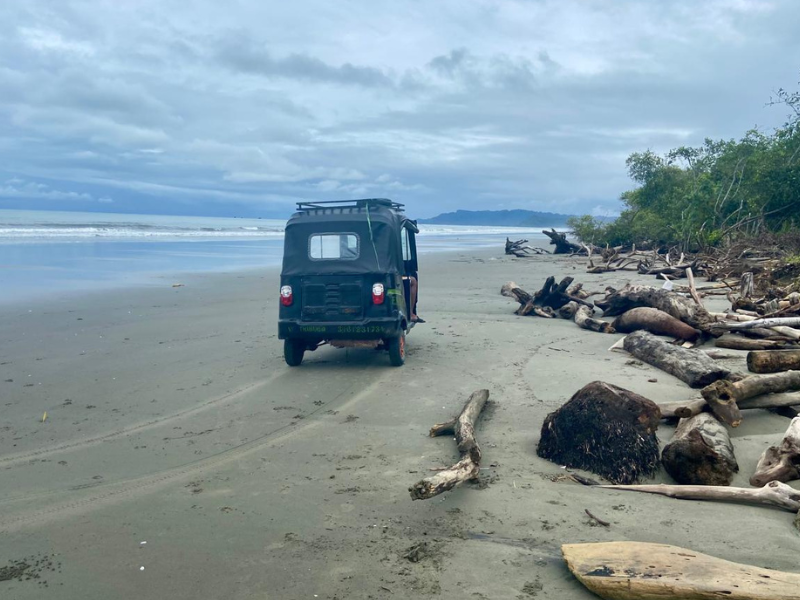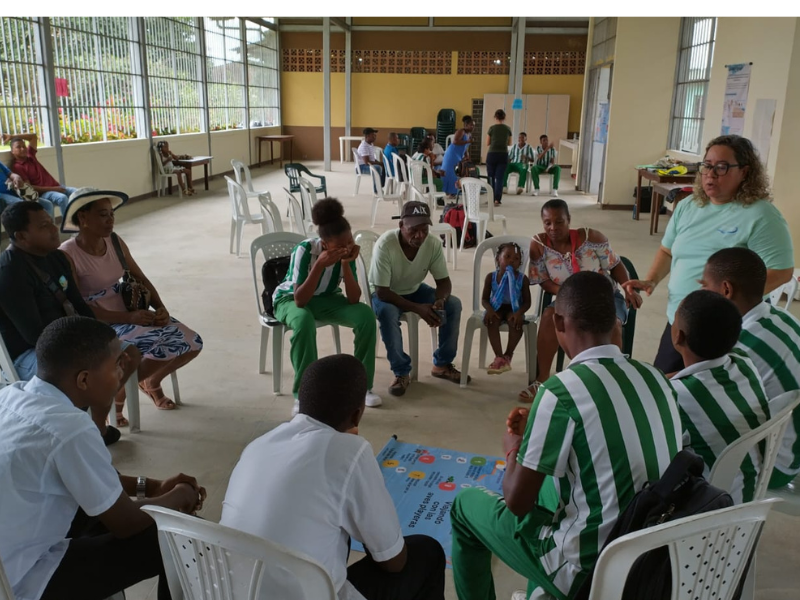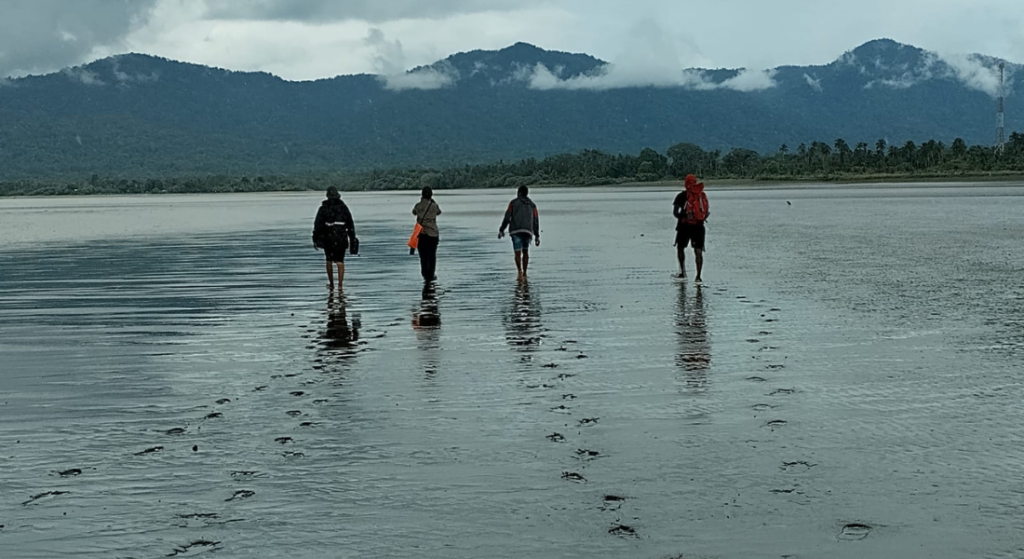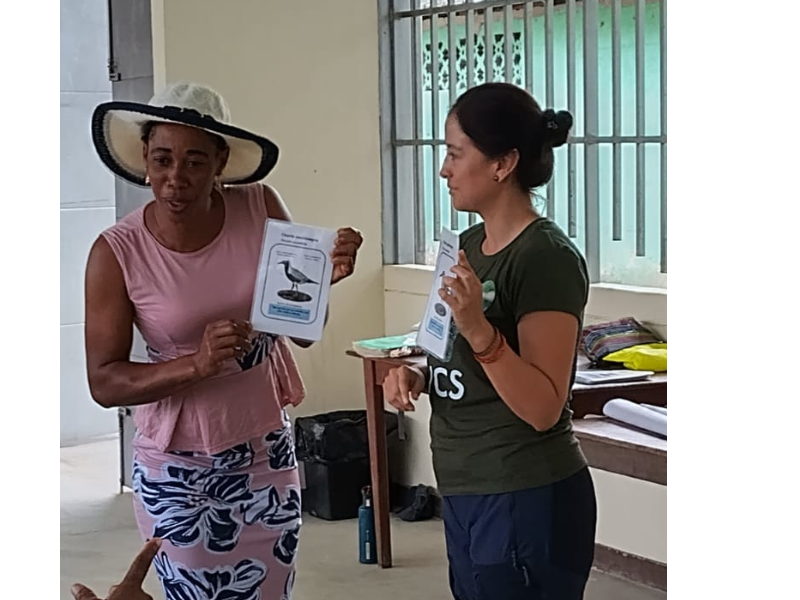Awareness Campaign for Shorebird Conservation in the Gulf of Tribugá - Cabo Corrientes Marine Protected Area, Pacific Coast of Colombia
MSP+ Science to action 2024-2025

In the heart of the Colombian Pacific Coast, shorebirds face a growing threat: unregulated tourism and other human disturbances are severely affecting their habitats in the Distrito Regional de Manejo Integrado (DRMI) Golfo de Tribugá – Cabo Corrientes. But there, in that same territory, an opportunity also flourishes: the strength of a community determined to protect its ecosystems.
This project was born from the urgent need to conserve shorebirds, key species that not only enrich the area’s biodiversity but are also part of its strategic environmental planning. The initiative, driven by local knowledge and the deep sense of belonging of its inhabitants, seeks to reduce threats through environmental education and the construction of truly sustainable tourism.
Inspired by the region’s enormous ecological value and the transformative power of environmental education, we designed an initiative to promote community co-responsibility in conservation. Our goal was to design participatory educational materials that promote sustainable tourism that respects biodiversity.
MSP+ makes a difference by uniting different kinds of knowledge
Thanks to the support of MSP+, this initiative has successfully united scientific knowledge with traditional wisdom, strengthening local capacities and lending technical legitimacy to the process. The participatory approach has been essential in identifying the main disturbances affecting birds and their habitats.
It has also facilitated the coordination and ownership of the process by communities, ethnic authorities, environmental organizations, and the academic world, generating a collaborative network that enhances the project’s impact.

Inspiring results: leaders engage with their territories
We have observed great community interest in learning and sharing about shorebirds.
Not only did tour guides, teachers, and young people actively participate, but they are also committed to becoming awareness-raising leaders in their own territories.
- Eight local communities actively participated in three workshops that brought together 52 people to co-create educational materials on shorebirds.
- Tour guides, teachers, and young people have become conservation ambassadors, motivated to lead awareness-raising activities in their territories.
- Interactive games were developed such as The Route of Survival, which playfully teach about shorebirds and the challenges faced by migratory birds.
- Educational materials both for visitors and for community use.
This effort is being supported by key partners such as CODECHOCÓ (regional enviromental authority) and the Consejo Comunitario Los Riscales (afro descendant community council), who have reinforced the project’s territorial focus and long-term sustainability.

What's next: opportunities to multiply the impact
Our next step is to validate, publish, and distribute these educational materials in communities and strategic tourist spots.
But we don’t want to stop there, we want put in place these ideas:
- Strengthen local capacity in responsible tourism.
- Implement signage in critical areas (breeding, feeding, and resting) for shorebirds.
- Create interpretive birdwatching routes that integrate conservation with local economic development.
- Replicate this model in other regions of the Colombian Pacific, where we already work and where shorebirds also need protection.
To learn more about this project
Guisela Chaves gchaves@wcs.org
Patricia Falk-Fernández pfalkfernandez@wcs.org
Jorge E. Parra jparra@wcs.org

